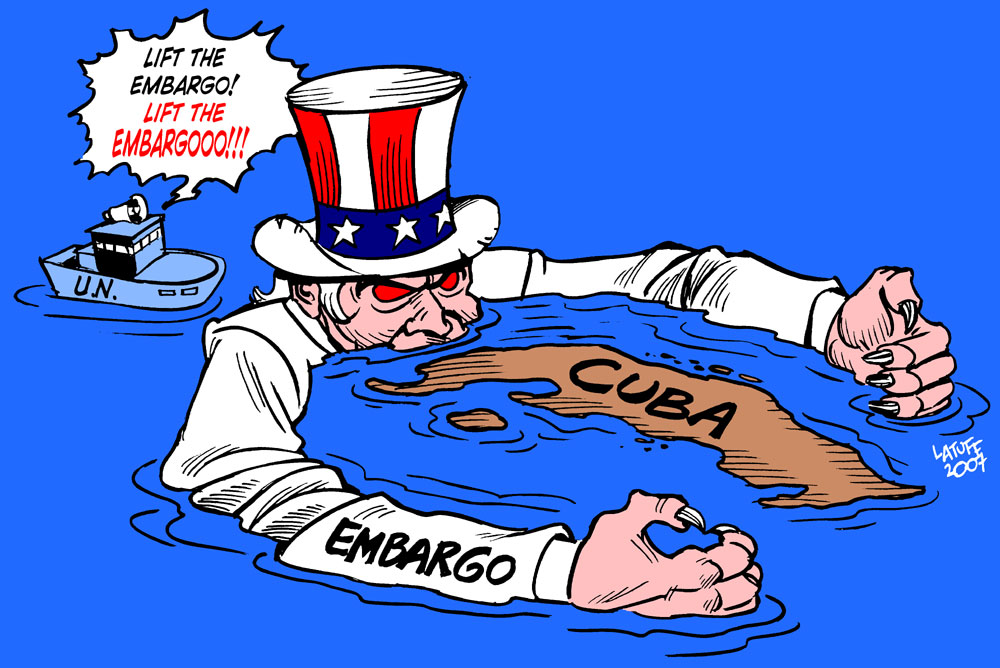
My latest debate topic is about whether or not Obama's plan for the troop surge in Afghanistan is in our best interest. So I hunted down his speech transcript to read up, since I'm really poorly plugged into current events.
Interestingly enough, I found that in his speech, there was pretty much nothing. The Huffington Post, and many other reliable news sources, claim his plan includes a surge of 30,000 troops. But in his address to the union, Obama mentioned none of this.
Obama mentioned 21,000 troops total, 17,000 that he has already ordered to be sent over, and 4,000 to train the Afghan police forces. Seems to me that there's a missing 9,000 troops somewhere between reports.
We can read this several ways: either the media is hysterical and is trying to freak us out (accurate) or Obama just didn't tell us everything (also likely). Seeing as this is a blog for my government class, I'll choose the latter to focus on.
He may be a great orator, but Obama basically filled his twenty minute speech with fluff. He said things like "At a time of economic crisis, it's tempting to believe that we can shortchange this civilian effort. But make no mistake: Our efforts will fail in Afghanistan and Pakistan if we don't invest in their future." and "Going forward, we will not blindly stay the course. Instead, we will set clear metrics to measure progress and hold ourselves accountable. We’ll consistently assess our efforts to train Afghan security forces and our progress in combating insurgents. We will measure the growth of Afghanistan’s economy, and its illicit narcotics production."
It sounds real pretty, don't it? Well, it does until you realize that he actually didn't say anything. There were a lot of hypothetical situations and nice rhetoric, but in the end, we're left with this: "We're gonna send some more troops and everything's gonna be GREAT!"
If Obama is looking for our support for his policies, he needs to tell us what those policies are. I have no idea what his plan is for Afghanistan, because I've found claims of everything from 20,000 troops to 60,000. However, from my president himself, there is supposedly only a need for 21,000. Who am I supposed to believe? (Note: the first link I provide is a page on the White House's actual web page. Just so you don't waste your time, that's the only place on the website that the new Afghanistan plan is mentioned.)
I don't want my government to patronize me by telling me that their plan is going to work without explaining the plan to me. I want to know what's going on. When he was elected, Obama promised more transparency. But instead of transparency, we're left with a wall of television screens claiming to know what's going on. I don't want to have to hear my president's plans laid out by sensationalist news sources. I want to hear my president's plan from my president.






